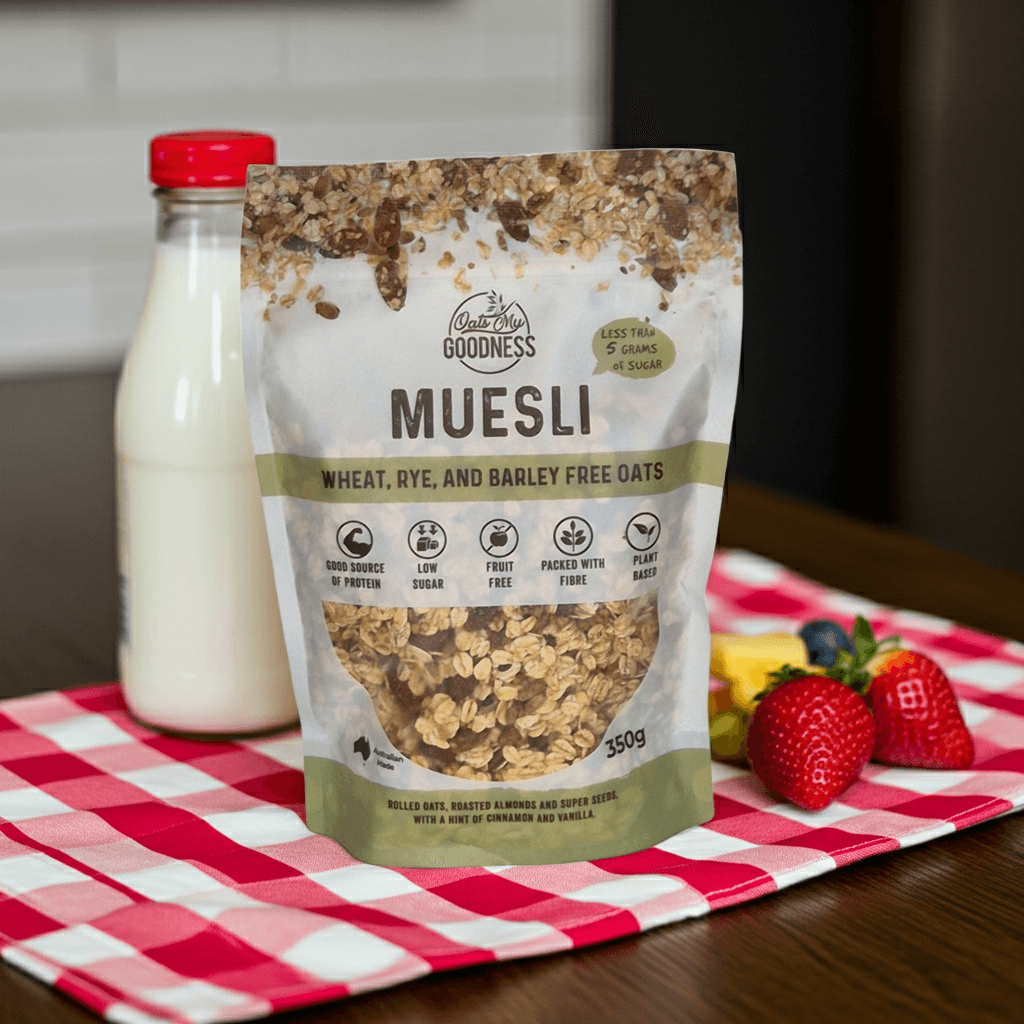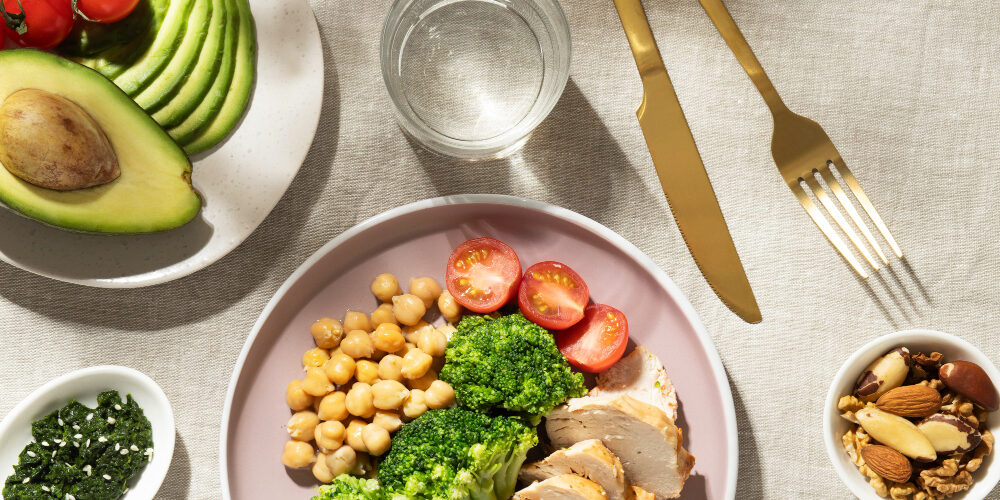Diets don’t always have to be restrictive and boring; you may need to find the proper diet for you to try in the long term. Have you ever tried clean eating with whole foods? This diet uses minimally processed foods, aiming to keep them in their natural state. Not only does it help you lose weight, but a whole food diet meal plan will also enhance your overall health and well-being.
What Is a Whole Food Diet?

A whole-food diet focuses on consuming foods in their most natural form, with minimal processing. It aims to nourish your body, provide clean, healthy ingredients, and be low in calories, making it ideal for weight loss. Unlike processed foods, whole foods can be consumed in the long term and are not harmful to the body. Therefore, a balanced whole food diet meal plan will not make you less healthy, but will make you healthier over time. Examples of whole foods are fresh fruits and vegetables, lean proteins, whole grains, and healthy fats.
What Are the Potential Health Benefits of a Whole-Foods Diet?

Chronic Disease Management
One of the key benefits of a whole food diet meal plan is its role in managing chronic diseases. Foods like whole grains, fruits, and vegetables are rich in fibre and antioxidants, which help lower inflammation in the body. It can be especially beneficial for managing conditions like diabetes, heart disease, and arthritis. By eating foods that naturally support the body’s functions, you’re giving it the best tools to manage long-term health issues.
Chronic Disease Prevention
Whole foods also play a significant role in preventing chronic diseases. By focusing on fresh, nutrient-packed ingredients, you can lower your risk for many health conditions, including heart disease, stroke, and certain cancers. Whole foods, especially those rich in fibre and healthy fats, help regulate blood sugar, lower bad cholesterol, and promote heart health. By making small changes to your diet, such as cutting back on processed foods, you can reduce your risk of chronic diseases.
Improved GI Health
Eating a diet rich in whole foods can significantly improve your gastrointestinal (GI) health. Whole foods are high in fibre, which helps regulate digestion and prevent constipation. The gut thrives on fibre, and a healthy gut is crucial for nutrient absorption and overall immune function. By eating more whole grains, vegetables, fruits, and legumes, you can support a balanced gut microbiome and help prevent digestive issues such as bloating, indigestion, and irritable bowel syndrome (IBS).
Weight Loss
Consuming whole foods means eating clean with healthy, low-calorie ingredients. By focusing on foods that are naturally filling, such as fruits, vegetables, and whole grains, you will feel full longer and not crave sweets like you would if you consumed processed foods containing refined sugar. Moreover, whole foods also provide additional energy that will keep your body productive even while dieting.
A Stronger Immune System
Eating nutritious foods that provide the balanced nutrients your body needs helps build a stronger immune system. This is because whole foods offer a variety of nutrients, such as vitamins, minerals, and antioxidants, that support the body’s natural defence mechanisms. Moreover, consuming whole foods also reduces the risk of getting sick because they are very healthy and energising.
Sample Whole Food Diet Meal Plan
Breakfast
Preparing breakfast can sometimes be tricky because you need a meal that is quick to make in the morning, yet packed with nutrients. Therefore, whole food ingredients, such as those in Oats My Goodness products, can be the best solution to this problem. They offer flavourful overnight oats or muesli that include protein, fibre, and healthy fats, which are suitable for starting your day and providing enough energy. You can mix the muesli with fruit like bananas and berries to add a sweet flavour, or with a handful of nuts to add a crunchy texture.
Snack after breakfast
Snacks after breakfast can be varied because you can make many kinds of snacks with whole foods. It lets you be more creative and keeps your snacks from getting boring. An example of a snack you can try after breakfast is homemade energy balls made from oats, chia seeds, and dried fruits. Not only do they taste delicious and appealing, but they are also packed with many healthy vitamins to fuel your morning.
Lunch
For lunch, enjoy a satisfying meal, such as a whole-grain salad with lean protein. Try a quinoa salad with grilled chicken, roasted vegetables, and a simple olive oil dressing. Add some avocado for healthy fats and enjoy a nutrient-packed, satisfying meal. This combination of whole grains, lean protein, and healthy fats will keep you full until your next meal.
Snack after lunch
To make your diet more enjoyable and keep you full with whole foods, you can also have a snack after lunch with Granola! Granola from Oats My Goodness is made with clean ingredients and packed with oats, nuts, and seeds. It is also very versatile and can be combined with many other ingredients, such as Greek yogurt or smoothies.
Dinner
For dinner, go for a nutrient-dense meal like roasted salmon with vegetables. Pair this with a side of roasted sweet potatoes or brown rice for complex carbs. Add a simple salad with leafy greens and a vinaigrette dressing. This dinner is packed with omega-3s, fibre, and antioxidants, making it a perfect way to end your day on a healthy note.
Frequently Asked Questions
How to start eating a whole food diet?
To start eating a whole food diet meal plan, focus on replacing processed and packaged foods with fresh, natural ingredients like fruits, vegetables, whole grains, and lean proteins. Gradually make small changes, such as swapping white bread for whole-grain options or choosing fresh snacks over packaged ones.
Is Greek yogurt considered a whole food?
Yes, Greek yogurt is considered a whole food when it is plain and free from added sugars or artificial ingredients. It’s a great source of protein and probiotics, which support gut health. Just be sure to choose the unsweetened variety to get the full health benefits without the added sugars that can come with flavoured versions.
Are potatoes whole foods?
Yes, potatoes are a whole food as long as they are unprocessed and not fried. Opt for baked, roasted, or boiled potatoes to get the most nutritional value, as they are rich in vitamins, fibre, and potassium.
Conclusion
Adopting a whole food diet meal plan is a simple yet effective way to eat clean and feel energised. By focusing on fresh, natural ingredients, you can improve your health, manage your weight, and prevent chronic diseases. Start making small changes today and feel the difference in how you look and feel!
Explore the world of whole foods with Oats My Goodness products, and start your journey towards a healthier lifestyle today!








